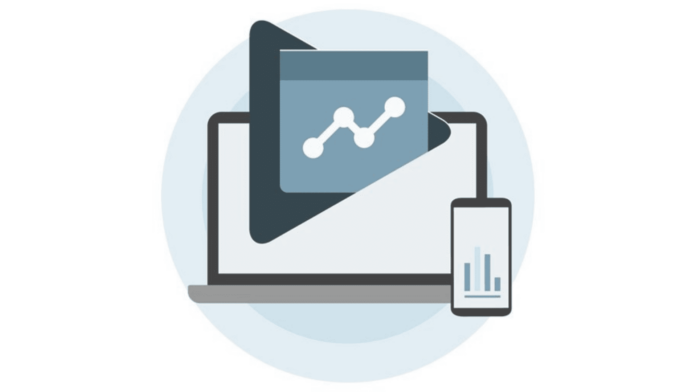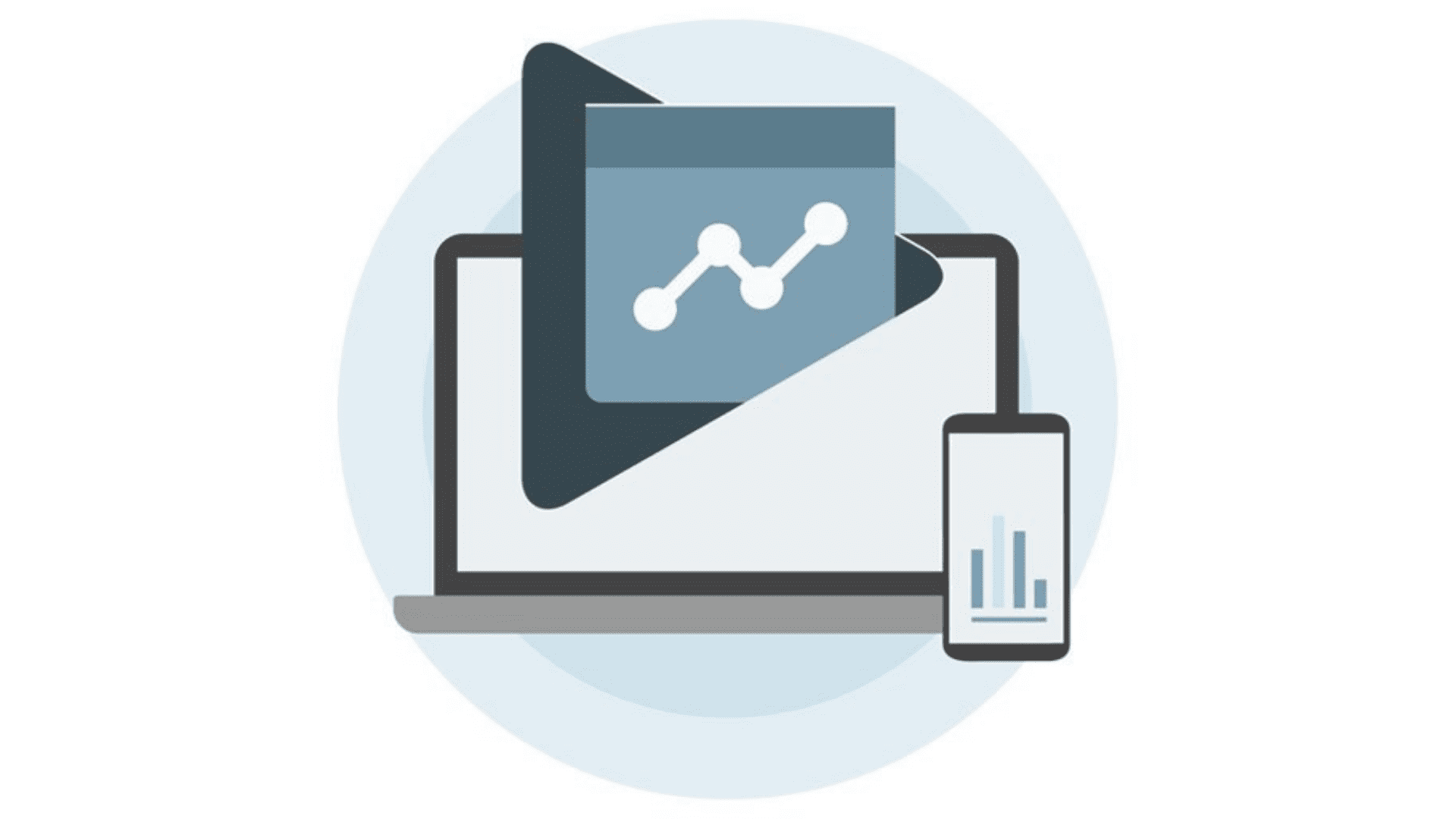Hey there! Are you eager to learn how to use the Google Play Console internal testing feature and launch your own app successfully? We’ve got you covered! In this post, we’ll guide you through the step-by-step process, so let’s dive right in.
First Things First: What is the Google Play Console?
The Google Play Console is a powerful tool that developers use to manage and publish their applications on the Google Play Store. It provides an intuitive interface to monitor your app’s performance, reviews, and user feedback easily. Now, let’s explore the internal testing feature!
Internal Testing: A Convenient Way to Test Your App
The Google Play Console offers an internal testing feature that allows you to distribute your app to a limited group of trusted testers before releasing it to the broader audience. This feature helps you ensure that your app is ready for prime time and allows you to gather valuable feedback and bug reports from your testers.
To set up internal testing, follow these simple steps:
Step 1: Prepare Your App for Internal Testing
Before initiating internal testing, make sure your app is fully functional and meets all your desired features and quality standards. Ensure that it’s debuggable and free from any critical issues that could hinder the testing process.
Step 2: Create an Internal Test Track
In the Google Play Console, navigate to the “Internal Testing” section and create a new internal test track. You can give it a unique name that best represents your app’s purpose or version you are testing.
Step 3: Add Testers and Distribute Your App
Invite testers by entering their email addresses or Google Groups in the “Manage testers” section. You can also choose whether testers need to join a Google Group or if they can access the app directly. Once invited, testers will receive an email with instructions on how to access and download the app.
Step 4: Gather Feedback and Iterate
Encourage your testers to explore your app and provide feedback using the feedback channel you’ve set up. Their input, bug reports, and suggestions will help you improve the app’s overall quality and user experience.
Remember, internal testing is not just about identifying bugs; it’s also an excellent opportunity to gain insights from real users who can provide valuable suggestions for enhancement.
Step 5: Release Your App
Once you’ve addressed all the feedback and made necessary improvements, you’re now ready to release your app to a wider audience. Using the Google Play Console, you can choose to either release it to the production track or opt for a more controlled release using staged rollouts or store listing experiments.
Congratulations! You’ve successfully utilized the Google Play Console’s internal testing feature to refine your app, gather feedback, and launch it with confidence. Remember to always stay open to user feedback, as it will continue to play a crucial role in improving your app’s success.
We hope this guide has provided you with valuable insights and helped you understand how to make the most of the Google Play Console internal testing feature. Now, it’s time for you to make your mark on the app world! Happy testing and launching!
If you are searching about How to use the Google Play Console internal testing feature and launch you’ve visit to the right place. We have 1 Images about How to use the Google Play Console internal testing feature and launch like How to use the Google Play Console internal testing feature and launch and also How to use the Google Play Console internal testing feature and launch. Read more:
How To Use The Google Play Console Internal Testing Feature And Launch
www.appmysite.com
How to use the google play console internal testing feature and launch





